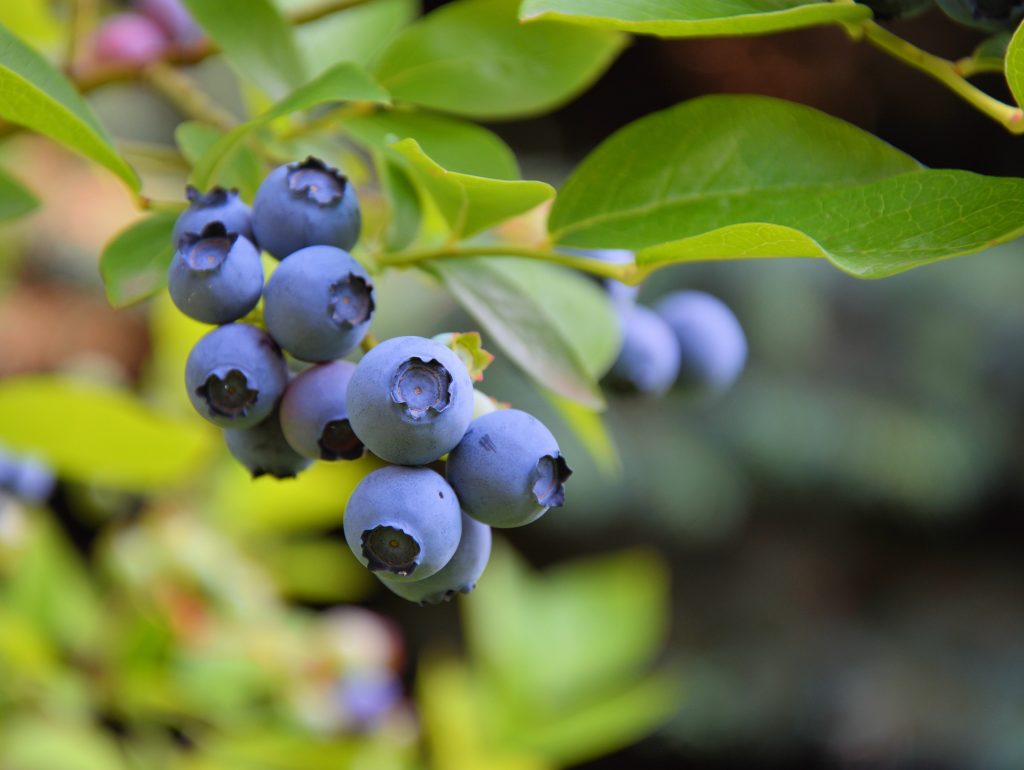
The long-awaited hearing with the International Trade Commission (ITC) for blueberry farmers has come and gone. The case against blueberry imports from foreign competitors has been made.
Now what happens?
Bob Redding, who works for the Redding Firm and serves as a lobbyist for agricultural groups in Washington, D.C., outlines the potential outcomes that will occur following Tuesday’s hearing. It all depends on the recommendations the ITC makes to President-Elect Joe Biden and what path he chooses to take after assumes office.
Potential Outcomes
“The president can ignore it, change it or accept it. This will be quickly, after the ITC action, a political issue again with the administration. Having said that, we do not know the position of the president yet, on this issue. It’s too early,” Redding said.
“We need to get a U.S. Trade Rep in place first and we will start working with them, our congressional delegations start working with them to hopefully get a good position on that issue.”
The case was made tougher considering the American Blueberry Growers Alliance’s opposition.
“We have a lot of groups against us. A lot of the countries that are pushing product at a bad time of the year have hired up lawyers, economists, lobbyists and consultants to fight the American Blueberry Growers Alliance position in trying to get relief from seasonal imports at the ITC,” Redding said.









